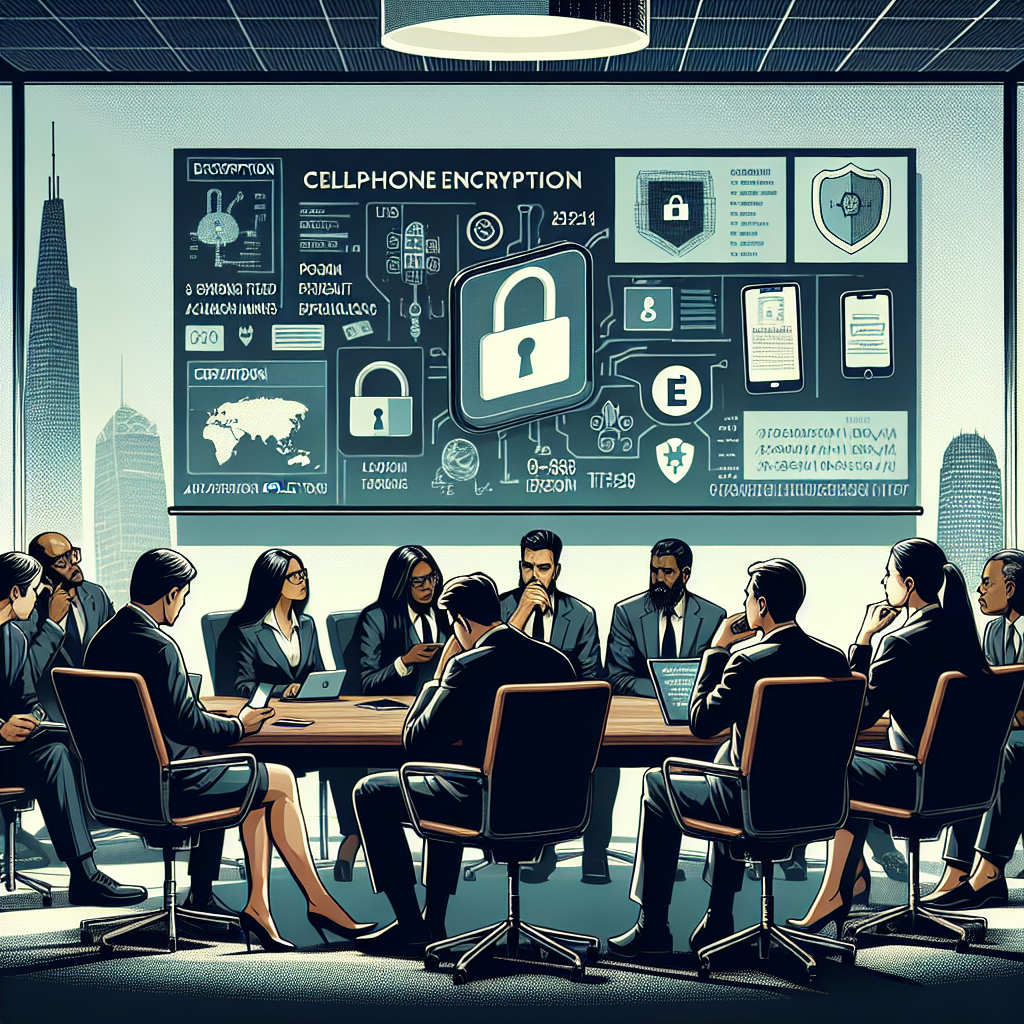
“`markdown
## The Encryption Debate: Privacy vs. National Security
Following the attempted assassination of former President Donald Trump, the enduring debate over phone encryption and its balance between privacy and national security is likely to reemerge. Central to this issue is maintaining individual privacy while allowing law enforcement to access vital information when necessary.
### FBI's Encryption Challenge
The FBI has possession of the would-be assassin's locked phone but has been unable to access it. The phone’s manufacturer is unknown, though there is a strong likelihood it could be an iPhone, given Apple's popularity in the U.S. This situation underscores a recurring challenge for the FBI: breaking encryption for investigations without compromising user privacy.
### The Importance of Encryption in Security
Encryption is crucial for securing data on smartphones and other devices, ensuring that only authorized users can access sensitive information to protect privacy. However, this same encryption poses a significant challenge for law enforcement, particularly in high-stakes national security scenarios. The FBI's calls for tech companies to create a "good guy back door" – a method to break encryption for authorized purposes – have been met with strong resistance from industry leaders, especially Apple.
### Past Cases: San Bernardino and Pensacola
The FBI has faced similar challenges with encrypted devices before. In the San Bernardino and Pensacola shooting cases, the FBI sought Apple’s help to unlock iPhones but Apple refused, stressing that a back door would weaken device security and set a dangerous precedent. Eventually, the FBI turned to hacking tools from foreign entities like Cellebrite to access the phones.
### Cellebrite: A Hacking Solution
Cellebrite is renowned for its advanced hacking tools that can bypass iPhone security measures. When conventional methods fail, law enforcement agencies frequently use these tools to unlock devices without compromising encryption standards universally. However, this method raises ethical concerns and the potential for misuse.
### Advanced Data Protection and Restricted Access
Apple has introduced features like Advanced Data Protection to further enhance user privacy. This feature limits the data accessible even if authorities gain physical access to a device. Thus, if Advanced Data Protection is enabled, the FBI would struggle to retrieve significant information without Apple’s assistance.
### Legislative Impact and Future Directions
During former President Trump's administration, there was a strong stance on encryption, advocating for legislation to compel tech companies to comply with law enforcement. As the 2024 elections near, voters should be aware that their choices could affect future encryption and personal privacy policies.
## Conclusion
The phone encryption debate embodies a broader conflict between preserving individual privacy and ensuring national security. As technology advances, so will the strategies and policies around encryption. Stakeholders, including tech companies, law enforcement, and legislators, need to thoughtfully navigate these complexities to balance personal privacy and public safety.
## Q&A Session
### What is encryption?
Encryption is a process that protects data by converting it into a coded format only decipherable by authorized users who have the key to unlock it.
### Why does the FBI want access to encrypted phones?
The FBI seeks access to encrypted phones to gather crucial information for solving crimes and ensuring national security, particularly in high-profile cases.
### How does Apple respond to requests for unlocking iPhones?
Apple generally resists creating back doors for unlocking iPhones, arguing that it would weaken device security and compromise user privacy.
### What are hacking tools like Cellebrite?
Cellebrite offers advanced tools that can bypass smartphone security measures, allowing law enforcement to access encrypted data without the need for the manufacturer’s help.
### What is Advanced Data Protection?
Advanced Data Protection is an Apple feature that restricts the amount of data retrievable from a device even if physical access is obtained, enhancing user privacy.
### How might future legislation influence encryption?
Future legislation could mandate tech companies to create mechanisms allowing law enforcement to bypass encryption, affecting user privacy and device security.
For more information on wireless earbuds with extended battery life or top Bluetooth speakers for 2024, visit Lonelybrand.
“`
